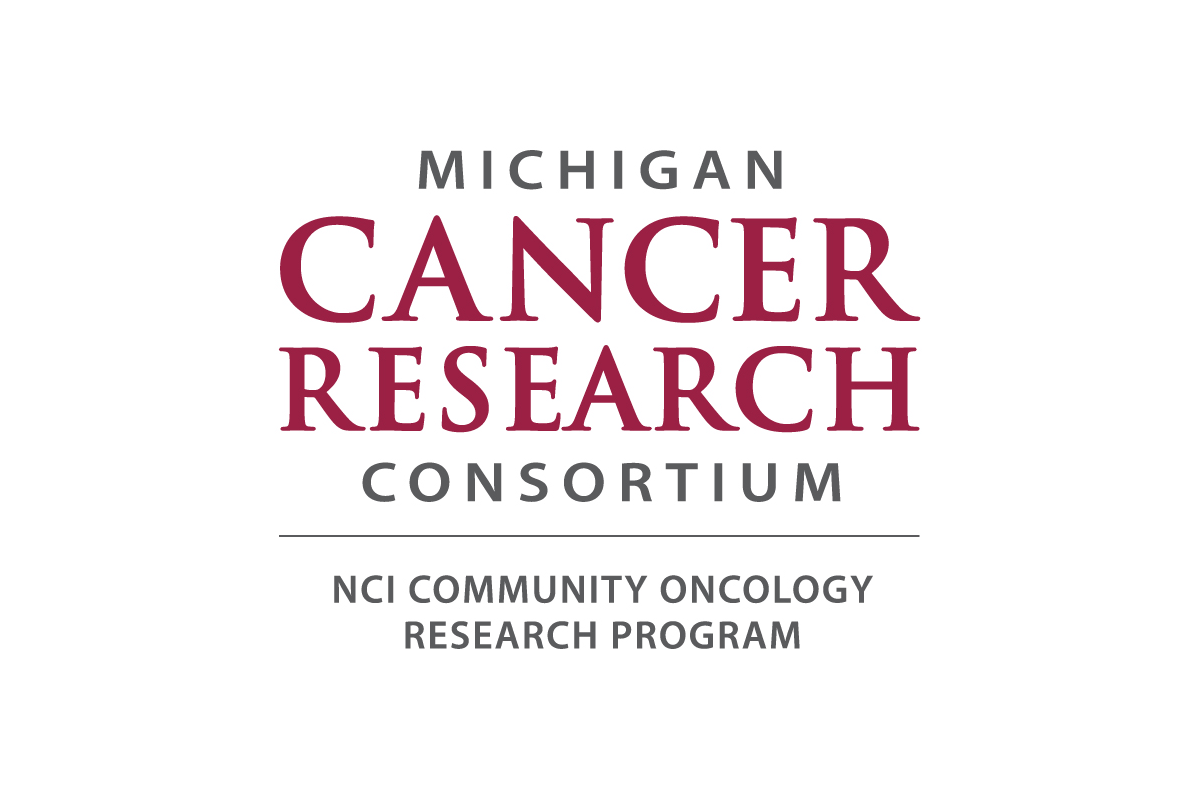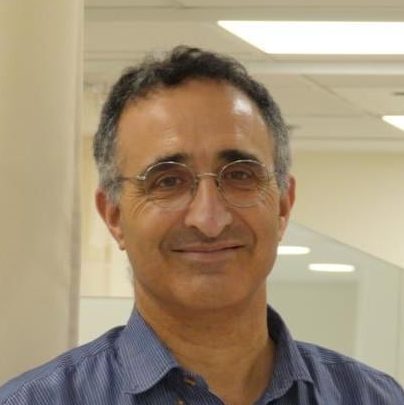
Institution Spotlight: Michigan Cancer Research Consortium NCORP
October 13, 2022
Meet the 2022 Young Investigator Symposium Presenters
October 13, 2022Trial Spotlight: Yishai Ofran on the EA9181 Study for Acute Lymphoblastic Leukemia

Phase III Randomized Trial of Steroids + Tyrosine Kinase Inhibitor Induction with Chemotherapy or Blinatumomab for Newly Diagnosed BCR-ABL-positive Acute Lymphoblastic Leukemia in Adults
 By Yishai Ofran, MD
By Yishai Ofran, MD
A well-established poor prognostic factor for adult patients with acute lymphoblastic leukemia (ALL) is the t(9;22) translocation (Philadelphia chromosome), which yields the BCR-ABL fusion gene. The ability to target this gene leads to improved outcomes for patients. Researchers introduced imatinib, the first tyrosine kinase inhibitor (TKI), into protocols for Philadelphia chromosome-positive (Ph+) ALL in 2003.
The benefit of adding imatinib to chemotherapy was confirmed in several phase 2 studies of Ph+ ALL, demonstrating consistent complete response (CR) rates higher than 90%. Moreover, at four years, the overall survival (OS) of Ph+ ALL patients in the imatinib plus chemotherapy cohort of the international phase 3 trial, MRC UKALL XII/ECOG E2993, was significantly better than the OS of similar patients treated, otherwise identically, in the cohort prior to the amendment that allowed adding imatinib (38% vs. 22% P = .003), published 8 years ago (Fielding AK. Blood. February 2014).
Blinatumomab, a type of immunotherapy, is approved by the US FDA for the treatment of relapsed and minimal residual disease (MRD) positive Pre-B ALL and also Ph+ ALL. It has been reported to effectively induce remission and improve survival when prescribed with steroids.
The combination of blinatumomab plus a TKI (dasatinib or ponatinib) was first given to twelve patients with relapsed or refractory Ph+ ALL at MD Anderson Cancer Center without any serious toxicity (Assi R. Clin Lymphoma Myeloma Leuk. December 2017). Safety, tolerability, and even promising rates of molecular remission were recently reported by several groups using the combination of TKI and blinatumomab and no chemotherapy.
The phase 3 EA9181 study, which opened in October 2020, is a prospective randomized controlled trial that aims to explore whether treatment with a TKI plus blinatumomab may be superior to the usual treatment of chemotherapy plus a TKI. EA9181 is evaluating if chemotherapy is necessary for better outcomes (OS and event-free survival [EFS]) and for the achievement of MRD negativity.
Given the established role of MRD monitoring in tailoring the intensity of therapy in ALL, the study was also designed to assess the efficacy of a chemotherapy-free regimen for MRD eradication in adults with Ph+ ALL. Patients are eligible for the study if they are newly diagnosed with Ph+ ALL and are between the ages of 18-75. Patients with lymphoid blast crisis CML are not eligible.
The study’s primary objective is to compare OS following induction with steroids, a TKI, and blinatumomab versus induction with steroids, a TKI, and chemotherapy. The study has three steps: first, all patients who enroll receive steroids and a TKI (either dasatinib or ponatinib) for 7-21 days for de-bulking and reducing the leukemic burden (Arm A). Next, patients are randomized to one of the following arms:
- Arm B: Chemotherapy (Hyper-CVAD) + steroids + TKI for two cycles
- Arm C: Immunotherapy (blinatumomab) + TKI for two cycles
Following the first 15 weeks of therapy, MRD testing is performed and patients who are MRD negative may proceed either to allogenic stem cell transplant (SCT) or consolidation followed by maintenance. Patients who are not in molecular remission are subject to arm crossing and re-induction with chemo or blinatumomab as opposed to their randomized arm.
The trial has a number of secondary objectives, including to compare the rate of MRD negativity between the two groups at the end of first induction (week 15), and to evaluate the rate of the MRD negativity by treatment arm for patients who are MRD positive after the first induction and administered a second induction.
This trial has the potential to be practice-changing regardless of the outcome. If the results show a survival benefit with the chemo-free regimen, this will be the first protocol for acute leukemia to suggest a chemo-free regimen should be adopted. The study will also allow re-evaluation of patients’ referral policy to allogenic SCT in this high-risk leukemia.
Learn more about EA9181 at ecog-acrin.org.
Dr. Ofran (Shaare Zedek Medical Center) is the study chair for this trial.
The study co-chair is Jacob Rowe, MD (Rambam Medical Center) and the community co-chair is Ali Bseiso, MD (Marshfield Medical Center).
The NCTN group study co-chairs are Katarzyna Jamieson, MD (UNC/Lineberger Comprehensive Cancer Center) for Alliance and Kathleen Phelan, MD (Loyola University Medical Center) for SWOG.
![ECOG-ACRIN logo[19516]275×75](https://blog-ecog-acrin.org/wp-content/uploads/2021/03/ECOG-ACRIN-logo19516275x75.png)
